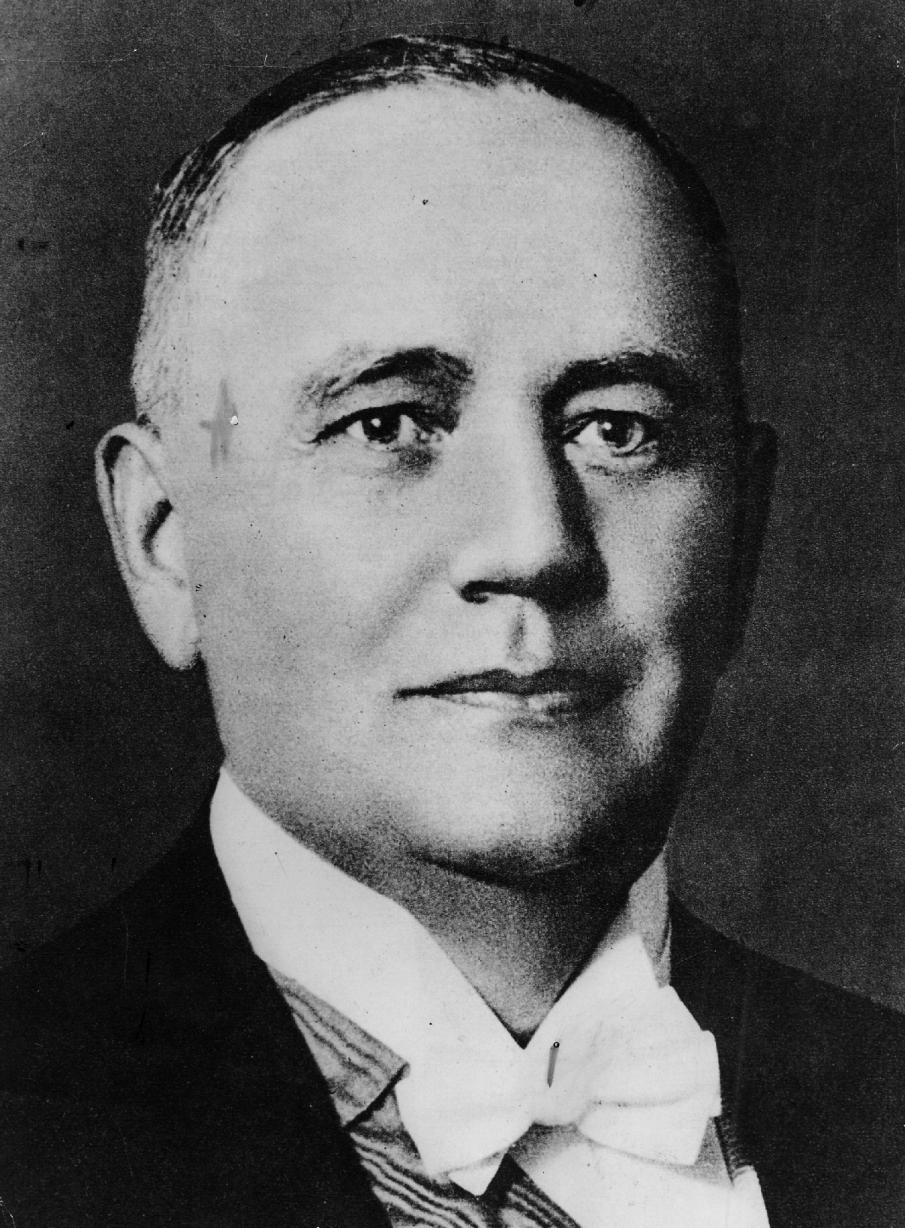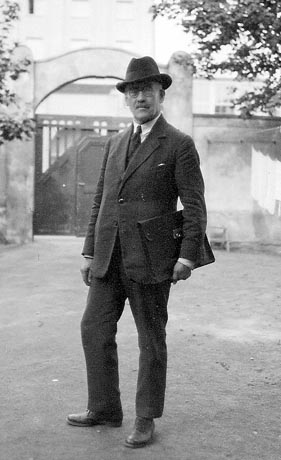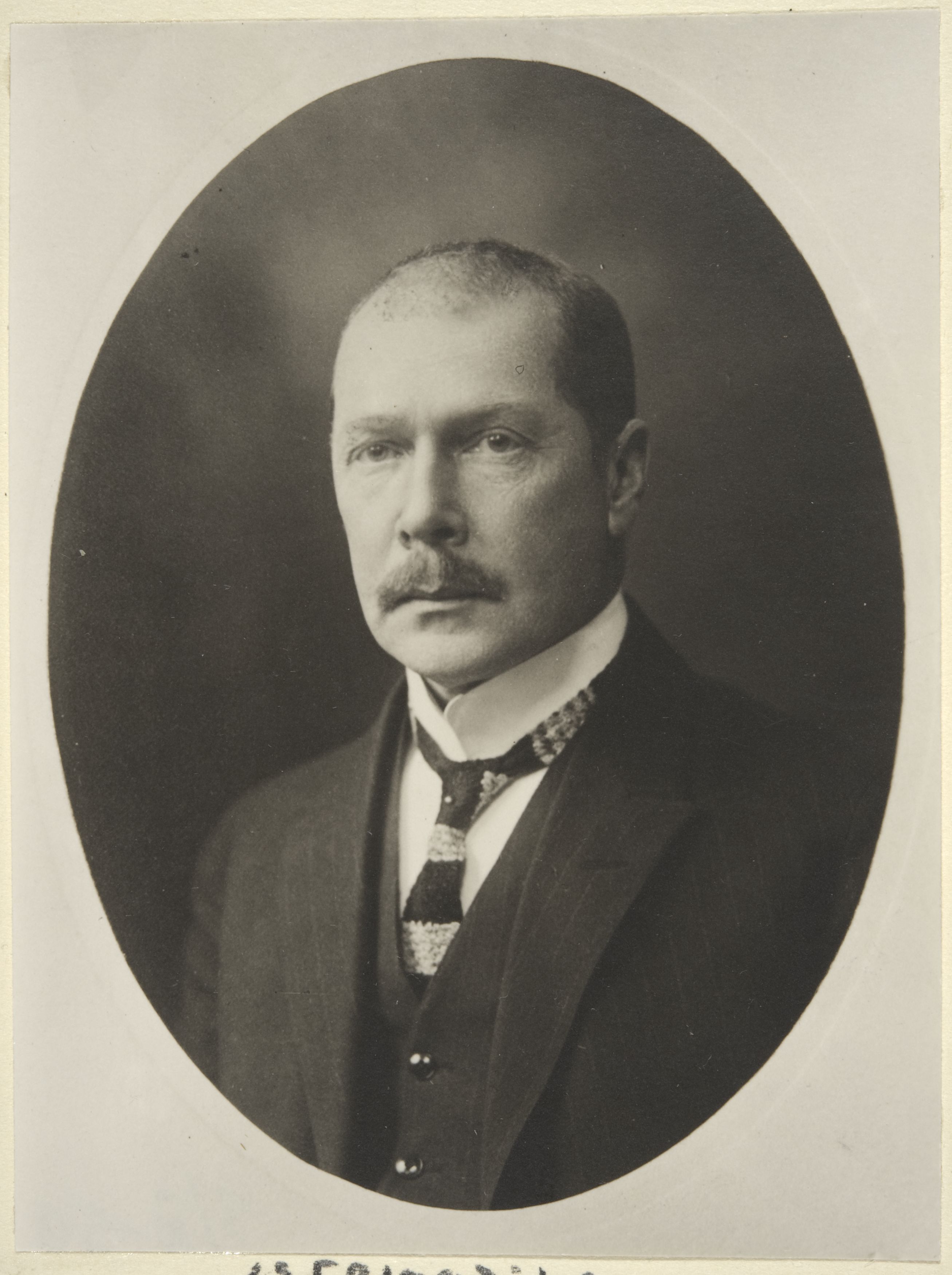|
1925 Finnish Presidential Election
Two-stage presidential elections were held in Finland in 1925. On 15 and 16 January the public elected presidential electors to an electoral college.Dieter Nohlen & Philip Stöver (2010) ''Elections in Europe: A data handbook'', p606 They in turn elected the president. The result was a victory for Lauri Kristian Relander, who won on the third ballot. The turnout for the popular vote was just 39.7%.Nohlen & Stöver, p622 The outgoing president, K.J. Ståhlberg, had refused to seek a second term. According to the late Agrarian and Centrist politician, Johannes Virolainen, he stepped down after one term because he believed that an incumbent president would be too likely to win re-election. President Ståhlberg claimed that he had already completed his political service to Finland as president. Moreover, he wanted to step down because many right-wing Finns (especially veterans of the Civil War and supporters of the Greater Finland movement) opposed him. According to Pentti Virrank ... [...More Info...] [...Related Items...] OR: [Wikipedia] [Google] [Baidu] |
Lauri Kristian Relander
Lauri Kristian Relander (, ; 31 May 1883 – 9 February 1942) was the second president of Finland (1925–1931). A prominent member of the Centre Party (Finland), Agrarian League, he served as a member of Parliament of Finland, Parliament, and as Speakers of the Parliament of Finland, Speaker, before his election as President. Relander is widely regarded as the most unknown of Finland's presidents, as he has been considered a colorless and weak president who, during a Domestic policy, domestic politically broken period, allowed himself to be guided without a clear line of his own. In foreign policy, the policy of isolation was continued during Relander's term, although on the other hand the president did valuable work in representing Finland abroad and establishing relations at the head of state level with neighboring states, such as the other Nordic countries. Also during his presidency, Relander emphasized the preservation of social peace and otherwise required the left wing ... [...More Info...] [...Related Items...] OR: [Wikipedia] [Google] [Baidu] |
National Progressive Party (Finland)
The National Progressive Party ( fi, Kansallinen Edistyspuolue; sv, Framstegspartiet) was a liberal political party in Finland from 1918 to 1951. The party was founded 8 December 1918, after the Finnish Civil War, by the republican majority of the Young Finnish Party and the republican minority of the Finnish Party (the next day the monarchists of both parties founded the National Coalition Party.) Famous members of the party included Kaarlo Juho Ståhlberg and Risto Ryti, the first and fifth Presidents of Finland, and Sakari Tuomioja Sakari Severi Tuomioja (29 August 1911 Tampere – 9 September 1964 Helsinki) was a Finnish politician and diplomat who served as Prime Minister of Finland between 1953–1954 and as Minister for Foreign Affairs between 1951–1952 and as the .... The National Progressive Party finished its existence in early 1951, as most of its active members had joined the People's Party of Finland. A minority group including Sakari Tuomioja founded ... [...More Info...] [...Related Items...] OR: [Wikipedia] [Google] [Baidu] |
Presidential Elections In Finland
President most commonly refers to: *President (corporate title) *President (education), a leader of a college or university * President (government title) President may also refer to: Automobiles * Nissan President, a 1966–2010 Japanese full-size sedan * Studebaker President The Studebaker President was the premier automobile model manufactured by the Studebaker Corporation of South Bend, Indiana (US) from 1926 until 1942. The nameplate was reintroduced in 1955 and used until the end of the 1958 model when the name wa ..., a 1926–1942 American full-size sedan * VinFast President, a 2020–present Vietnamese mid-size SUV Film and television *''Præsidenten'', a 1919 Danish silent film directed by Carl Theodor Dreyer *The President (1928 film), ''The President'' (1928 film), a German silent drama *President (1937 film), ''President'' (1937 film), an Indian film *The President (1961 film), ''The President'' (1961 film) *The Presidents (film), ''The Presidents'' (film), a 2 ... [...More Info...] [...Related Items...] OR: [Wikipedia] [Google] [Baidu] |
Väinö Voionmaa
Kaarle Väinö Voionmaa (to 1906 Wallin) (12 February 1869 in Jyväskylä – 24 May 1947 in Helsinki) was a Finnish professor, diplomat, member of the parliament of Finland, senator, minister and chancellor. He also was one of the most influential politicians during the early times of independent Republic of Finland. He was a Social Democrat.Sakari Virkkunen, "The Presidents of Finland II" / Suomen presidentit II, Helsinki: Otava Publishing Ltd., 1994). As an academic, Voionmaa contributed to introduce economic and geographic perspectives into Finnish history writings. He has studied the medieval times and the rise of the modern urban industrial society. He was also one of the founders of the School of Social Sciences in 1930 that eventually became the University of Tampere. Cabinet positions Voionmaa was one of the senators in the Tokoi senate in 1917 before the declaration of independence. Later he served as the Minister of Foreign Affairs in the cabinet of Väinö Tanner 1 ... [...More Info...] [...Related Items...] OR: [Wikipedia] [Google] [Baidu] |
Matti Väisänen (politician)
Matti Väisänen (25 February 1887, in Kaavi – 24 April 1939) was a Finnish trade union activist and politician. He sided with the Reds during the Finnish Civil War in 1918 and after the defeat of the Red side he fled to Soviet Russia, from where he returned to Finland in 1919. Väisänen was the chairman of the Finnish Trade Union Federation (SAJ) from 1920 to 1923. He served as a Socialist Workers' Party of Finland (SSTP) Member of the Parliament of Finland The Parliament of Finland ( ; ) is the unicameral and supreme legislature of Finland, founded on 9 May 1906. In accordance with the Constitution of Finland, sovereignty belongs to the people, and that power is vested in the Parliament. The ... from 5 September until 20 December 1922, when he lost his seat. He was imprisoned on sedition charges in 1923. In the 1925 Finnish presidential election, while still in prison, he was the presidential candidate of the Socialist Electoral Organisation of Workers and Smallhol ... [...More Info...] [...Related Items...] OR: [Wikipedia] [Google] [Baidu] |
Karl Söderholm
Karl Gustaf Söderholm (9 December 1859, in Loviisa – 17 June 1948) was a Finnish legal scholar and politician. He served as Minister of Justice from 27 November 1918 to 15 August 1919, from 15 March to 28 June 1920 and from 4 July 1930 to 21 March 1931. He was a member of the Diet of Finland from 1904 to 1906 and of the Parliament of Finland from 1907 to 1913 and again from 1916 to 1917, representing the Swedish People's Party of Finland (SFP). He served as the President of the Supreme Administrative Court of Finland The Supreme Administrative Court of Finland (, ) is the highest court in the Finnish administrative court system, parallel to the Supreme Court of Finland. Its jurisdiction covers the legality of the decisions of government officials, and its ... from 1923 to 1929 and as the Chancellor of Åbo Akademi University from 1933 to 1941. References {{DEFAULTSORT:Soderholm, Karl 1859 births 1948 deaths People from Loviisa People from Uusimaa Province (Gra ... [...More Info...] [...Related Items...] OR: [Wikipedia] [Google] [Baidu] |
Hugo Suolahti
Viktor Hugo Suolahti (7 October 1874 in Hämeenlinna – 23 February 1944 in Helsinki) was a Finnish politician, linguist and philologist. Before 1906, he was known as Viktor Hugo Palander. Philosopher Pentti Linkola was his grandson through his daughter. Education and university career Suolahti passed his matriculation examination in 1892 and received his Masters from the University of Helsinki in 1896. Suolahti became a Doctor of Philosophy in 1900. In 1901, he became a docent of German Philology at the University of Helsinki and in 1911, he became a professor of the same subject, a post he occupied for more than 40 years, until 1941. Suolahti specialized mainly in etymology and his work on words and vocabulary had a significant impact on Finnish research pertaining to German Philology. Suolahti was also an important administrator at the university. First, he served as vice-rector of the University of Helsinki from 1917 to 1923, and then as rector from 1923 to 1926 and finally ... [...More Info...] [...Related Items...] OR: [Wikipedia] [Google] [Baidu] |
Väinö Tanner
Väinö Alfred Tanner (; 12 March 1881 – 19 April 1966; surname until 1895 ''Thomasson'') was a leading figure in the Social Democratic Party of Finland, and a pioneer and leader of the cooperative movement in Finland. He was Prime Minister of Finland in 1926–1927. Tanner was born in Helsinki as the son of a railway brakesman of modest means. After matriculating in 1900, he studied at the business college ''Suomen Liikemiesten Kauppaopisto'' (one of two predecessors of the present-day Business College Helsinki). He also studied law, graduating as a jurist in 1911. Tanner started work as a trainee at the ''Großeinkaufs-Gesellschaft Deutscher Consumvereine (GEG)'' in Hamburg, Germany, while still a student, and in 1903, after returning to Finland, became manager of ''Turun Vähäväkisten Osuusliike'', then the largest cooperative retail society in Finland. He was later appointed to the supervisory board of the Helsinki-based cooperative ''Elanto'' in 1907, and also beca ... [...More Info...] [...Related Items...] OR: [Wikipedia] [Google] [Baidu] |
Socialist Workers' Party Of Finland
Socialist Workers' Party of Finland ( fi, Suomen Sosialistinen Työväenpuolue, SSTP) was a Finnish political party in the early 1920s. The SSTP consisted of radical leftists who split from the Social Democratic Party of Finland after the Finnish Civil War of 1918. The banned Communist Party of Finland (SKP) was the main force behind the party but other socialists were also involved. The SSTP was banned in 1923 and its leading members, including 27 members of parliament, were jailed. The party was succeeded by the Socialist Electoral Organisation of Workers and Smallholders (1924–1930). The SSTP was established on 13 May 1920 at the Helsinki Workers' House. The founding congress was attended by 82 delegates, representing 42 different organisations. The decision to found a new party was made after the left lost the battle inside the SDP. An interim party leadership had already been chosen earlier and it led the organisation until the congress. A number of Social Democratic Party ... [...More Info...] [...Related Items...] OR: [Wikipedia] [Google] [Baidu] |
Swedish People's Party Of Finland
The Swedish People's Party of Finland ( sv, Svenska folkpartiet i Finland (SFP); fi, Suomen ruotsalainen kansanpuolue (RKP)) is a political party in Finland aiming to represent the interests of the minority Swedish-speaking population of Finland. The party is currently participating in the government of Sanna Marin, holding the positions of Minister of Justice and Minister for Nordic Cooperation and Equality. An ethnic catch-all party, the party's main election issue has been since its inception the Swedish-speaking Finns' right to their own language and to maintain the position of the Swedish language in Finland. Ideologically, it is liberal and social-liberal, and it sits at the centre of the political spectrum, and identifies as pro-European. The party was in governmental position 1979–2015 with one or two seats in the government and collaborated with the centre-right as well as the centre-left parties in the Parliament of Finland. The fact that both the Finnish centre- ... [...More Info...] [...Related Items...] OR: [Wikipedia] [Google] [Baidu] |
Lauri Kristian Relander
Lauri Kristian Relander (, ; 31 May 1883 – 9 February 1942) was the second president of Finland (1925–1931). A prominent member of the Centre Party (Finland), Agrarian League, he served as a member of Parliament of Finland, Parliament, and as Speakers of the Parliament of Finland, Speaker, before his election as President. Relander is widely regarded as the most unknown of Finland's presidents, as he has been considered a colorless and weak president who, during a Domestic policy, domestic politically broken period, allowed himself to be guided without a clear line of his own. In foreign policy, the policy of isolation was continued during Relander's term, although on the other hand the president did valuable work in representing Finland abroad and establishing relations at the head of state level with neighboring states, such as the other Nordic countries. Also during his presidency, Relander emphasized the preservation of social peace and otherwise required the left wing ... [...More Info...] [...Related Items...] OR: [Wikipedia] [Google] [Baidu] |
Centre Party (Finland)
The Centre Party ( fi, Suomen Keskusta , ''Kesk''; sv, Centern i Finland), officially the Centre Party of Finland, is an agrarian political party in Finland. Ideologically, the Centre Party is positioned in the centre on the political spectrum. It has been described as liberal, social liberal, liberal-conservative, and conservative-liberal. Its leader is Annika Saarikko, who was elected in September 2020 to follow Katri Kulmuni, the former finance minister of Finland. As of December 2019, the party has been a coalition partner in the Marin Cabinet, led by Prime Minister Sanna Marin of the Social Democratic Party (SDP). Founded in 1906 as the Agrarian League ( fi, link=no, Maalaisliitto; sv, link=no, Agrarförbundet), the party represented rural communities and supported decentralisation of political power from Helsinki. In the 1920s, the party emerged as the main rival to the SDP and Kyösti Kallio, the party's first prime minister, held the office four times between 1922 ... [...More Info...] [...Related Items...] OR: [Wikipedia] [Google] [Baidu] |





